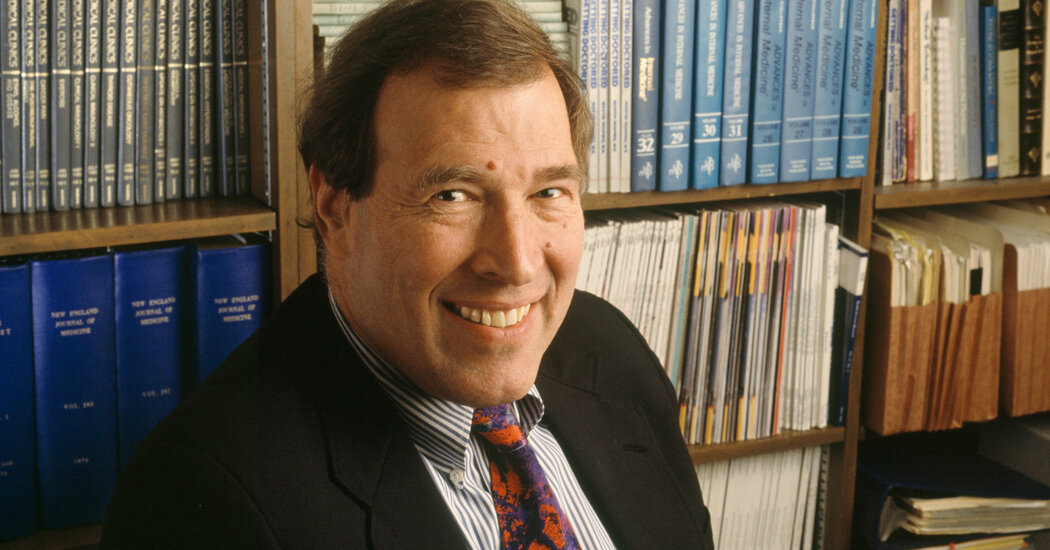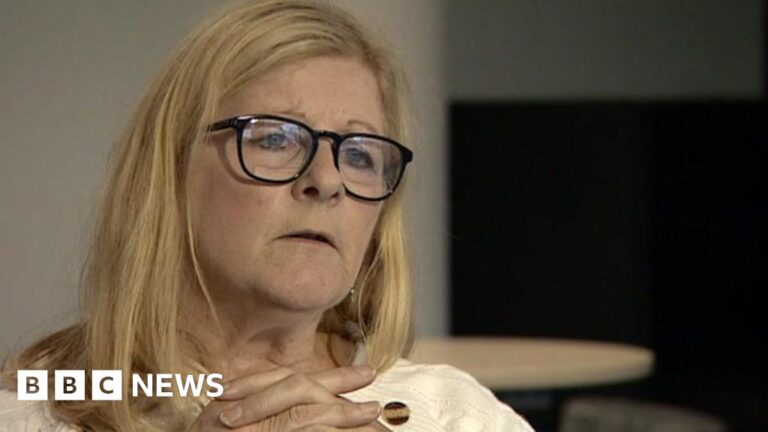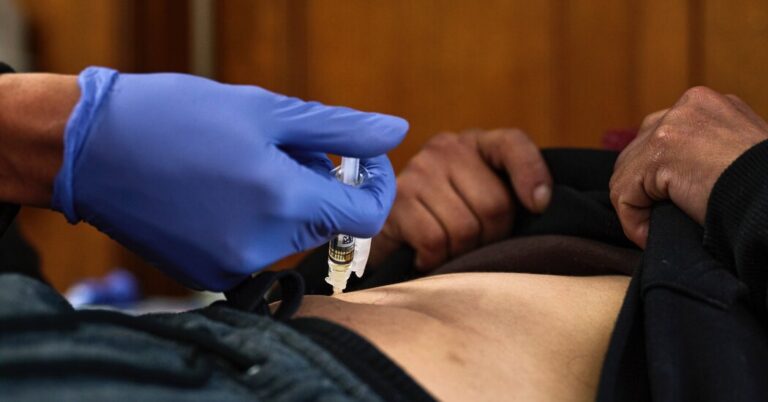Dr. Sheldon Greenfield, whose pioneering research found that older patients with breast and pancreatic cancer got subpar treatment and that patients who grill their doctors during consultations receive better care, died on Feb. 26 at his home in Newport Beach, Calif. He was 86. The cause was colon cancer, his daughter Lauren Greenfield said.
Dr. Greenfield was a founder and director of the Center for Health Policy Research at the University of California, Irvine, and a leader of the Medical Outcomes Study, involving more than 22,000 patients and 500 physicians, which determined in 1986 that doctors often ordered exorbitant and unnecessary tests and referred patients to a specialist when a primary care doctor or a nurse practitioner could have delivered equally good care.
Alan M. Garber, the president of Harvard University, praised Dr. Greenfield as “a towering figure in health care research.” “His influence extended more widely than even he could have known, through the Medical Outcomes Study and so much else,” Dr. Garber said in an email.
In 1991, Dr. Greenfield and collaborators, including his wife, Dr. Sherrie Kaplan, found that too many conversations about care are dominated by doctors. They recommended a protocol that included a 20-minute coaching session for patients before they consulted their physicians.
Diabetes patients who asked questions about dosage and volunteered other symptoms during checkups, according to a study in 1995, recorded a 15 percent drop in blood sugar after two months. Similar results were found in studies of patients with ulcers and hypertension.
As the principal author of that study, Dr. Greenfield explained that the researchers focused on adult diabetes because it is prevalent and because the proper treatment can prevent complications that make it one of the most expensive chronic diseases to treat.
Four years earlier, a research team that Dr. Greenfield led had concluded that while 96 percent of women ages 50 to 69 with breast cancer received the appropriate minimal level of acceptable care, only 83 percent of otherwise healthy women 70 and older did.
He also expressed concern about the lack of appropriate follow-up care for cancer patients. He attributed this in part to the fact that, in many cases, insurance companies, health plans and Medicare don’t cover the necessary tests and examinations.
The work he and Dr. Kaplan did “addressed the effects of the doctor-patient relationship on the outcomes of chronic illness,” Dr. Harold C. Sox, an emeritus professor at the Geisel School of Medicine at Dartmouth College, said in an email. “They showed that better doctor-patient partnerships paid off in better patient outcomes.”
In another study, conducted in 1995, Dr. Greenfield found that treatment by health maintenance organizations and by doctors in traditional medical practices produced similar results, even though the H.M.O.s cost substantially less.
And in a report commissioned by the Food and Drug Administration after several well-publicized recalls of equipment that injured thousands of patients, Dr. Greenfield proposed a tougher approval process, which was, in part, adopted for a wide range of medical devices, including hip implants and external heart defibrillators.
Source link




